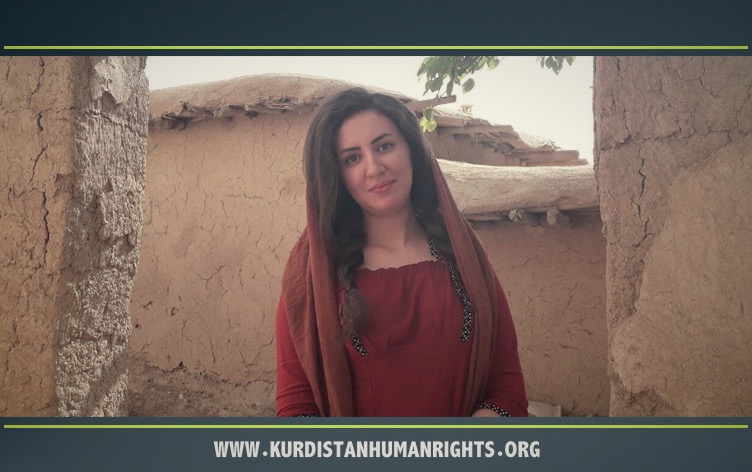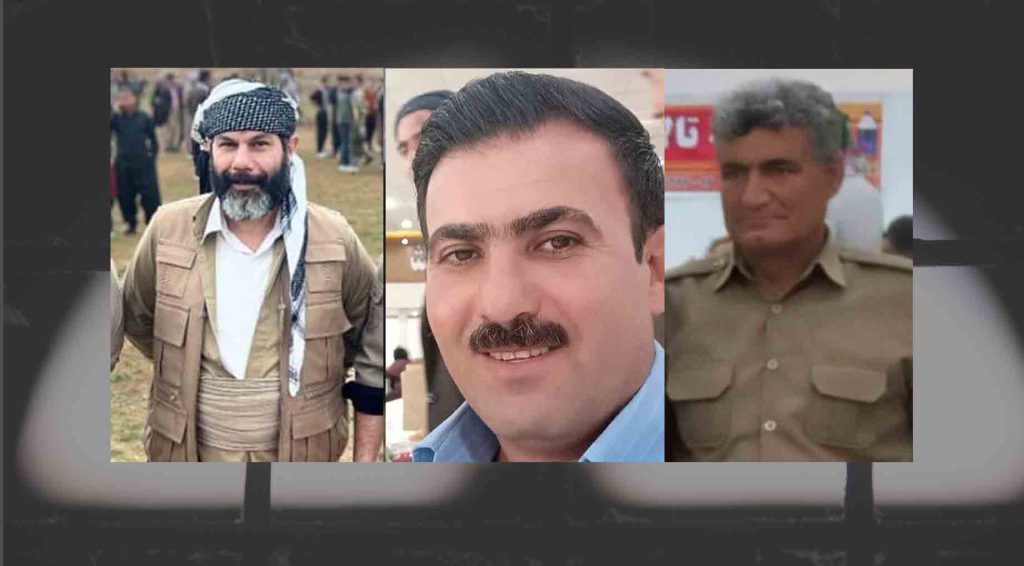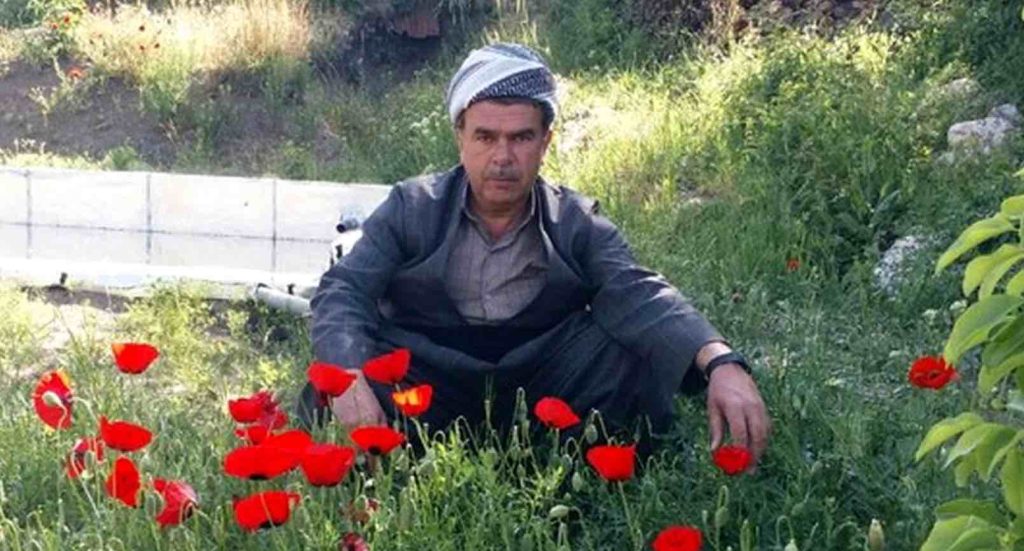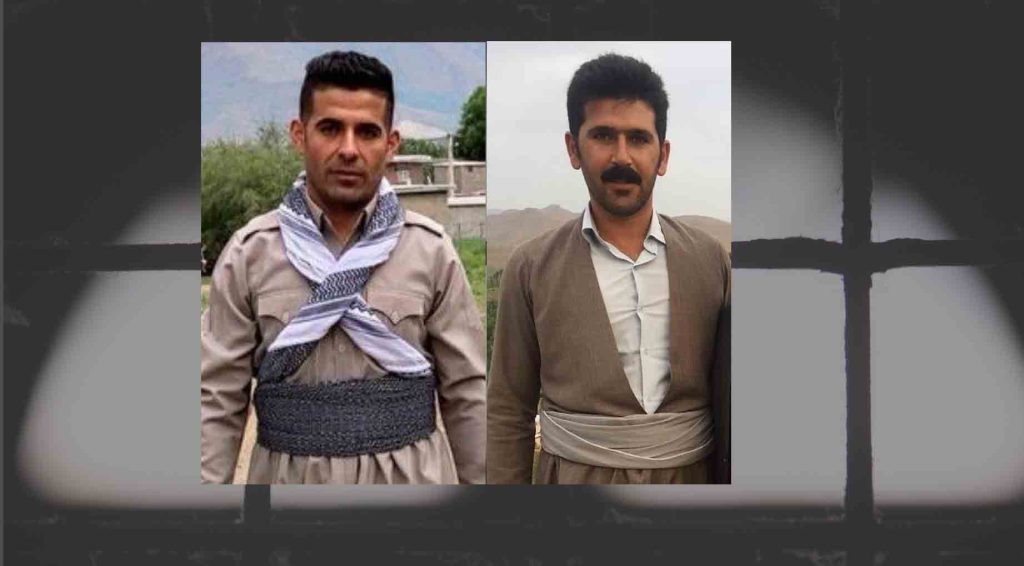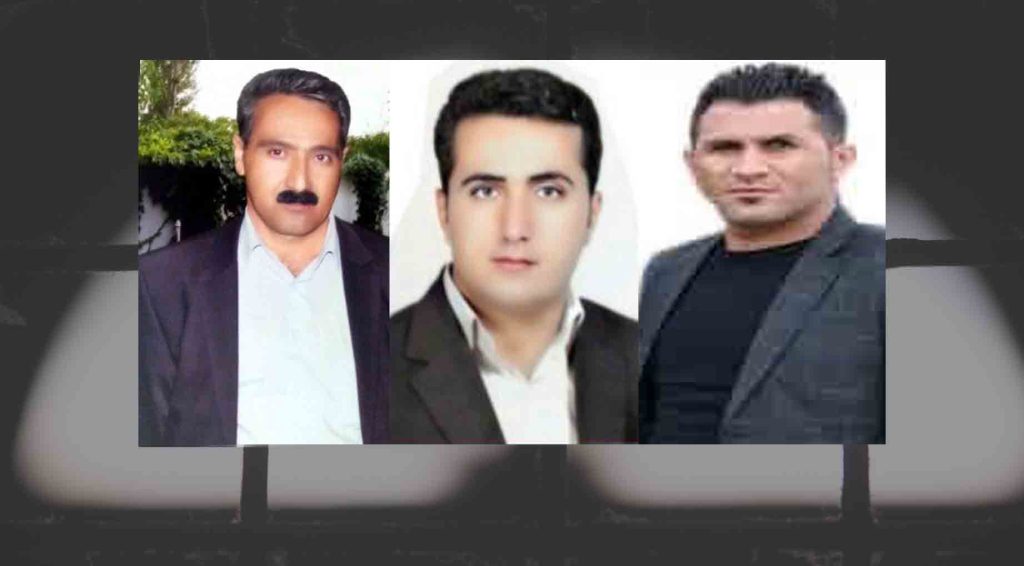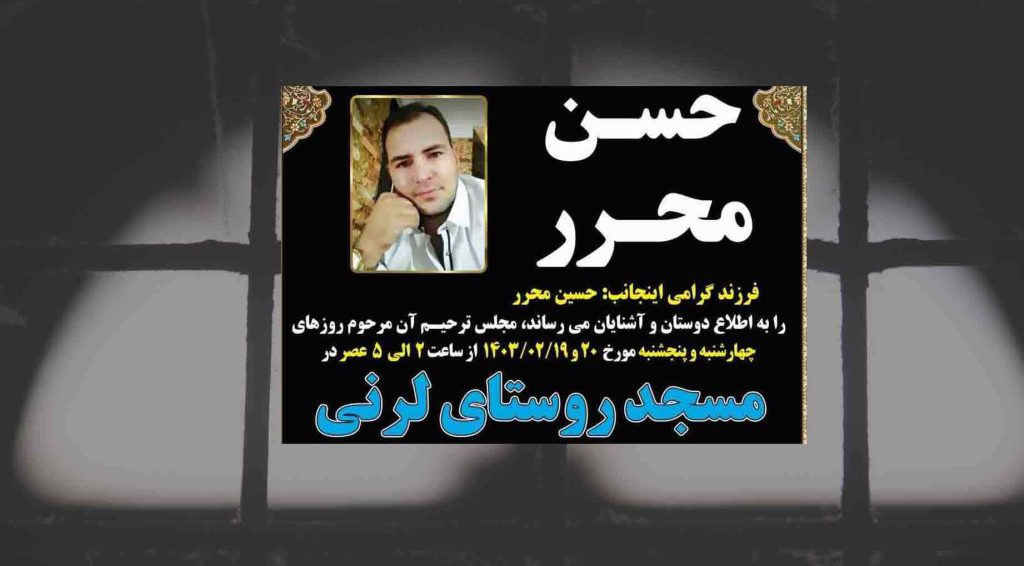The Public and Revolutionary Prosecutor’s Office of Eslamabad-e Gharb, Kermanshah province, has demanded reconsideration of the acquitted Kurdish literary activist Anisa Jafari-Mehr‘s court case. The case has been referred to the Court of Appeals.
The court of the first instance had previously acquitted Jafari-Mehr from the charge of “propaganda against the state”.
The activist’s lawyer Mostafa Ahmadian confirmed the news to the Kurdistan Human Rights Network (KHRN). He said Jafari-Mehr was informed today regarding the review of her case when she appealed for cancellation of her bail.
Jafari-Mehr’s trial was held on 18 February 2021, presided over by Judge Malayeri, on the charges of “propaganda against the state”. Before that, she was charged with “acting against national security” by collaborating with Kurdish opposition parties.
On 13 June, Anisa Jafari-Mehr appealed to the Public and Revolutionary Court of Eslamabad-e Gharb in Kermanshah province to be informed of the outcome of her trial. The court told her that she was acquitted of the charge of “propaganda against the state”.
According to the Iranian criminal procedure code, the prosecutor can appeal against the court’s decision and appeal within 20 days after the verdict is issued regarding the acquittal of the accused or due to non-compliance of the verdict with the law or due to disproportionate punishment.
Anisa Jafari-Mehr is a graduate of Linguistics and a member of the writers’ committee of the literary and artistic quarterly “ژ” (pronounced as ‘zh’ in Persian and Kurdish). Security forces detained her on 23 November 2020 at her family home in Eslamabad-e Gharb.
On 9 December, Jafari-Mehr was released on a bail of 350 million Iranian Tomans – nearly 14,000 USD – from the detention centre of the intelligence ministry and women’s ward of the Juvenile Detention Centre in Kermanshah.
Also, a year earlier, in December 2019, security forces had detained Anisa Jafari-Mehr, along with six other Kurdish activists, during mass detention of literary and cultural activists in Eslamabad-e Gharb and Kermanshah.

